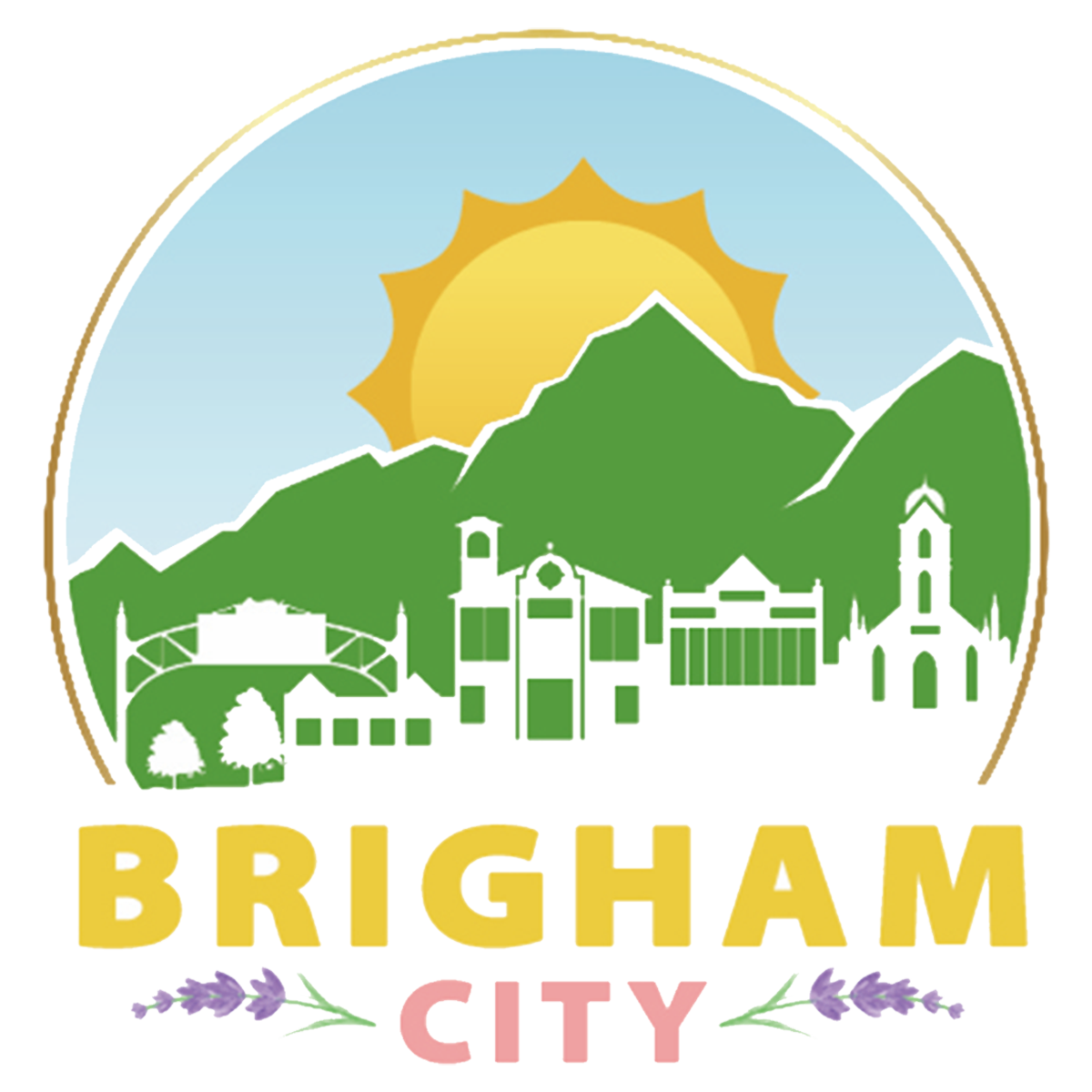Source Protection
The water you drink could be easily polluted by paints, used motor oil, gasoline, antifreeze, or lawn and garden chemicals. All this can be washed down the gutter and can filter down through the ground aquifer. Brigham City has a source protection plan, which can be reviewed at the Brigham City Water Division.
Facts to consider:
One gallon of gasoline can pollute up to 600,000 gallons of ground water.
One gram of 2-4d (a common household herbicide) can contaminate 2.6 million gallons of drinking water.
Four quarts of oil can cause an eight-acre oil slick if spilled or dumped down a storm drain.
This information is provided to help you protect our water, but it is the sole responsibility of the owner of the product to dispose of all hazardous waste in an appropriate manner.
Ways to Protect Our Water and What You Can Do to Help
Fertilizers and Pesticides
Read labels and follow the directions on the container
Try to buy only the amount needed for the job
Don't over-treat your lawn or trees. Try to only spot treat an area when possible.
Do not throw away any of the leftovers
Don't let any run into the road or down the gutter
Do not pour leftover fluids down the toilet, floor drain or sink
Before you throw a container in the trash, it needs to be triple rinsed. A rinsed container can be used for future pesticide/fertilizer formulations
Do not spray or apply around wells or a conduit to the ground
Clean up spills as fast and safely as possible
Batteries
Dispose of batteries properly
Turn your old battery back in for a new one
Don't store old batteries out where they can leak into the ground
Paint
Try to use all of the paint
If there is some left in the container, let it dry up by leaving the lid off. In addition, kitty litter or sawdust can be added to the paint, and then leave the lid off and let it dry. You can throw the container away after the paint has had a chance to dry completely.
Motor Oil
When you purchase oil for an oil change, ask if you can bring your used oil back for recycling
Bear River Health Department has a complete list of locations that accept oil
Automotive Radiator Fluid
When you buy new fluid, see if they will take the old antifreeze back. Drain it into a container for recycling. Hazardous waste should be properly disposed of by recycling.
Disposing of Hazardous Waste
For questions about recycling or disposing of hazardous waste, if you live in Box Elder County, call Bear River Health Department at (435) 734-0845.
Other departments you can call are:
Division of Drinking Water Source Protection Program: (801) 536-4200
Department of Agriculture: (801) 538-7100
Division of Solid & Hazardous Waste: (801) 538-6170
Environmental Hotline: (800) 458-0145
